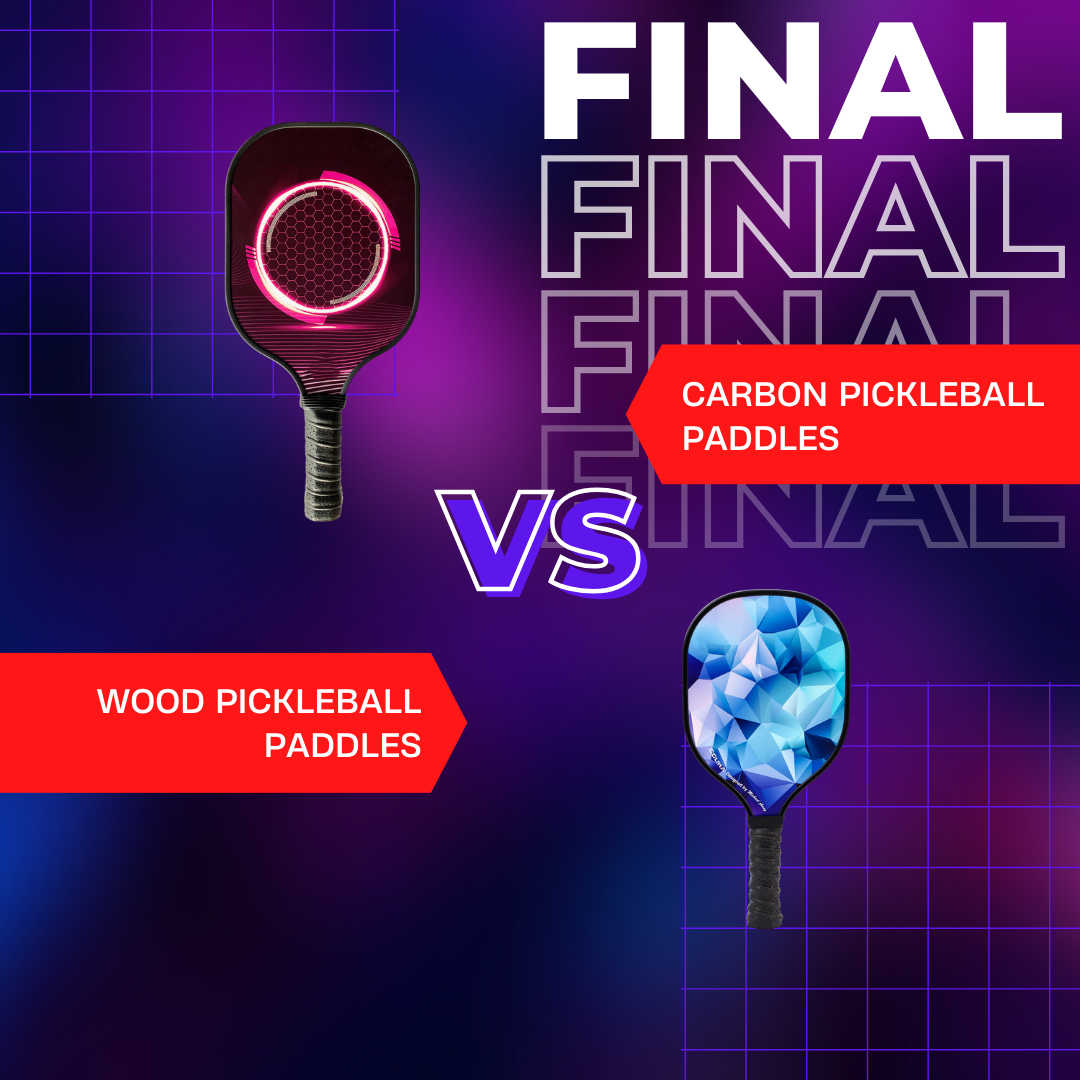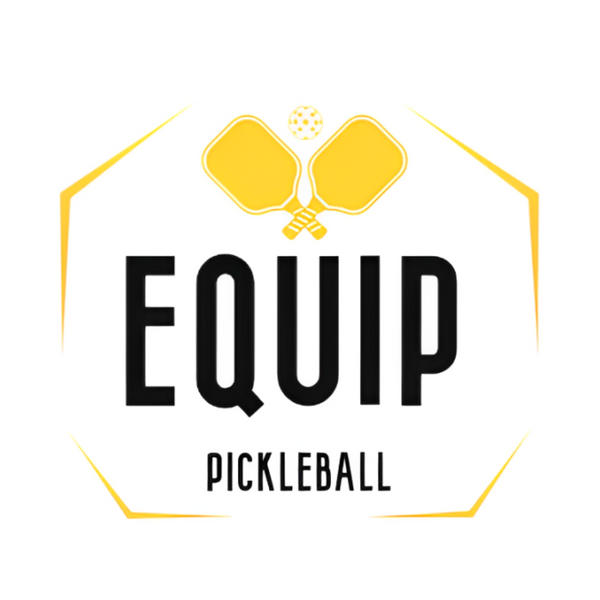
Are Wood Pickleball Paddles Still Worth It? Pros, Cons & Who Should Buy
Share
Pickleball has evolved, and so has the technology behind paddles. While modern players often lean toward composite or carbon paddles, wood paddles remain a solid choice for many. Whether you’re a beginner, a recreational player, or just looking for an affordable option, wood paddles still have a place in the game.
So, what are the pros and cons of wood paddles, and who should consider using them? Let’s break it down.
✅ The Benefits of Wood Pickleball Paddles
1. Most Affordable Option
Wood paddles are the cheapest way to get into pickleball. While composite and carbon paddles can range from $60 to $200, wood paddles are significantly more budget-friendly - making them perfect for beginners, casual players, and anyone who wants to try the game without breaking the bank.
2. Durable & Long-Lasting
Wood paddles are incredibly sturdy and can take a beating. This makes them ideal for schools, community centers, and public courts, where equipment needs to last a long time despite frequent use.
3. Great for Power & Drive Shots
While heavier than composite paddles, wood paddles provide more mass behind the ball, leading to powerful shots. Players who enjoy strong baseline drives may appreciate this added force.
4. Ideal for Beginners & Recreational Play
If you’re new to pickleball, a wood paddle is an easy way to start playing. Many recreational facilities provide them as the default option because they’re cost-effective and easy to use.
5. Classic, Traditional Feel
Some players prefer the old-school feel of a wooden paddle. If you enjoy a solid, classic hit, a wood paddle might be your style.
⚠️ The Downsides of Wood Pickleball Paddles
1. Heavier Than Composite or Carbon
Wood paddles typically weigh between 9–12+ ounces, while composite paddles range from 6.5–8.5 ounces. A heavier paddle can lead to quicker fatigue, especially in longer games.
2. Less Spin & Control
Wood paddles have a smoother surface, making it harder to generate spin. If you rely on topspin, slice, or finesse shots, composite or carbon fiber paddles offer better control.
3. Less Shock Absorption
Wood paddles lack the polymer cores found in modern paddles, meaning more vibration transfers to your arm. This can be an issue for players prone to wrist or elbow strain.
4. Louder Contact Sound
When a ball hits a wood paddle, it creates a loud “thunk”, which some players find distracting compared to the softer “pop” of composite paddles.
Who Should Buy a Wood Pickleball Paddle?
✅ Beginners – Perfect for learning the game without a big investment. Shop Wood Paddle Now
✅ Recreational Players – Great for casual play with friends and family.
✅ Schools & Community Centers – Durable, cost-effective, and easy to maintain.
✅ Budget-Conscious Players – The most affordable option to start playing.
✅ Power-Focused Players – Heavier weight means stronger baseline drives.
Conclusion: Should You Buy a Wood Pickleball Paddle?
If you’re looking for an affordable, durable, and beginner-friendly option, wood paddles are a great choice. If you want more spin, control, and lightweight performance, check out our carbon fiber paddles designed for competitive players.
At Equip Pickleball, we offer a range of paddles - including high-quality wood paddle options for beginners and budget-conscious players. Check out our collection and find the right paddle for your game! 🏓🔥
